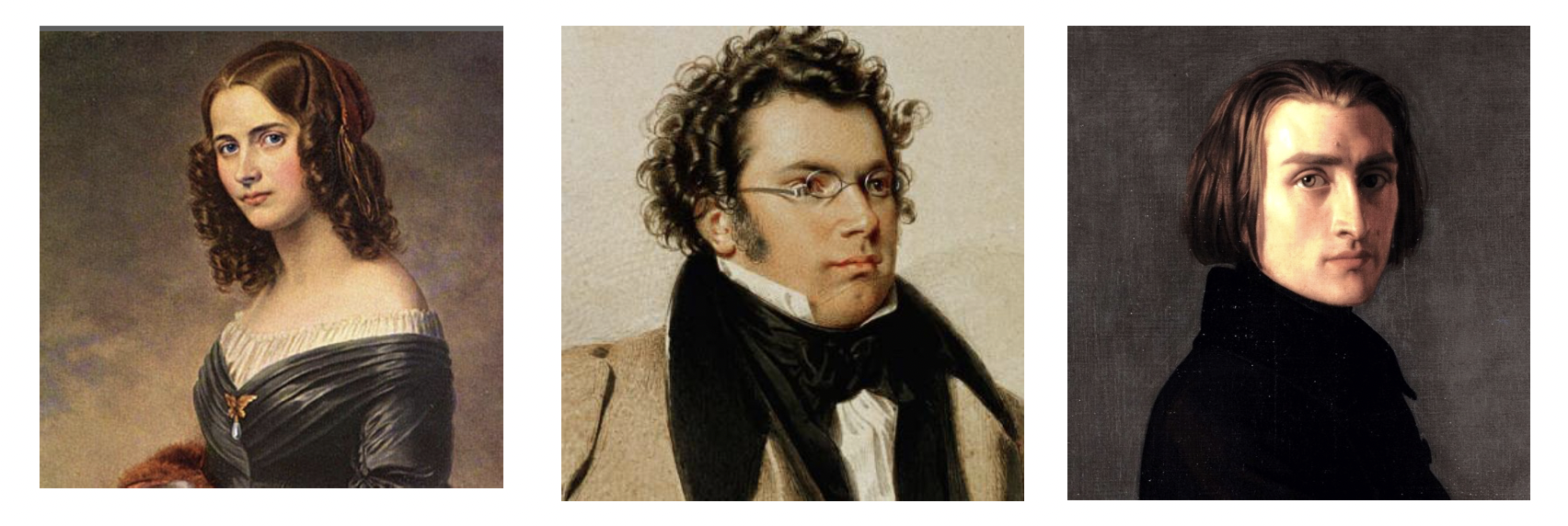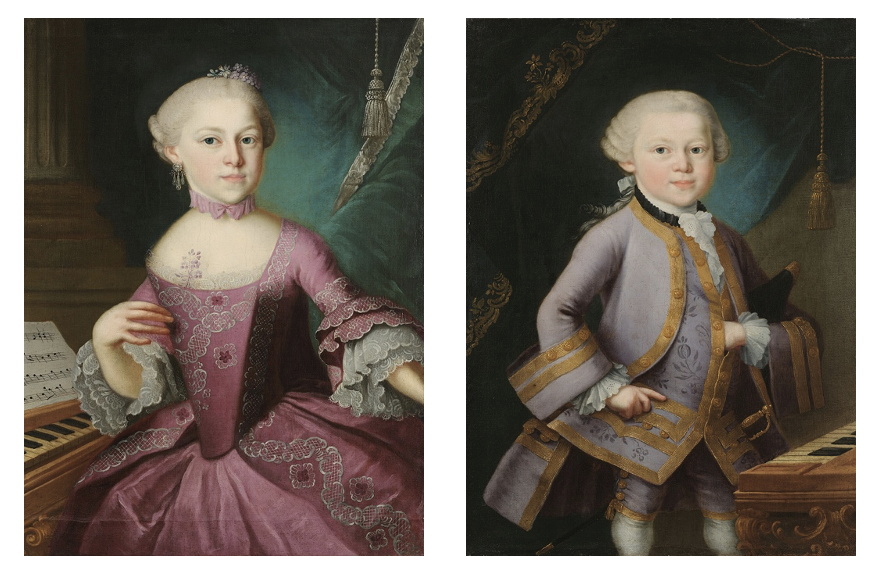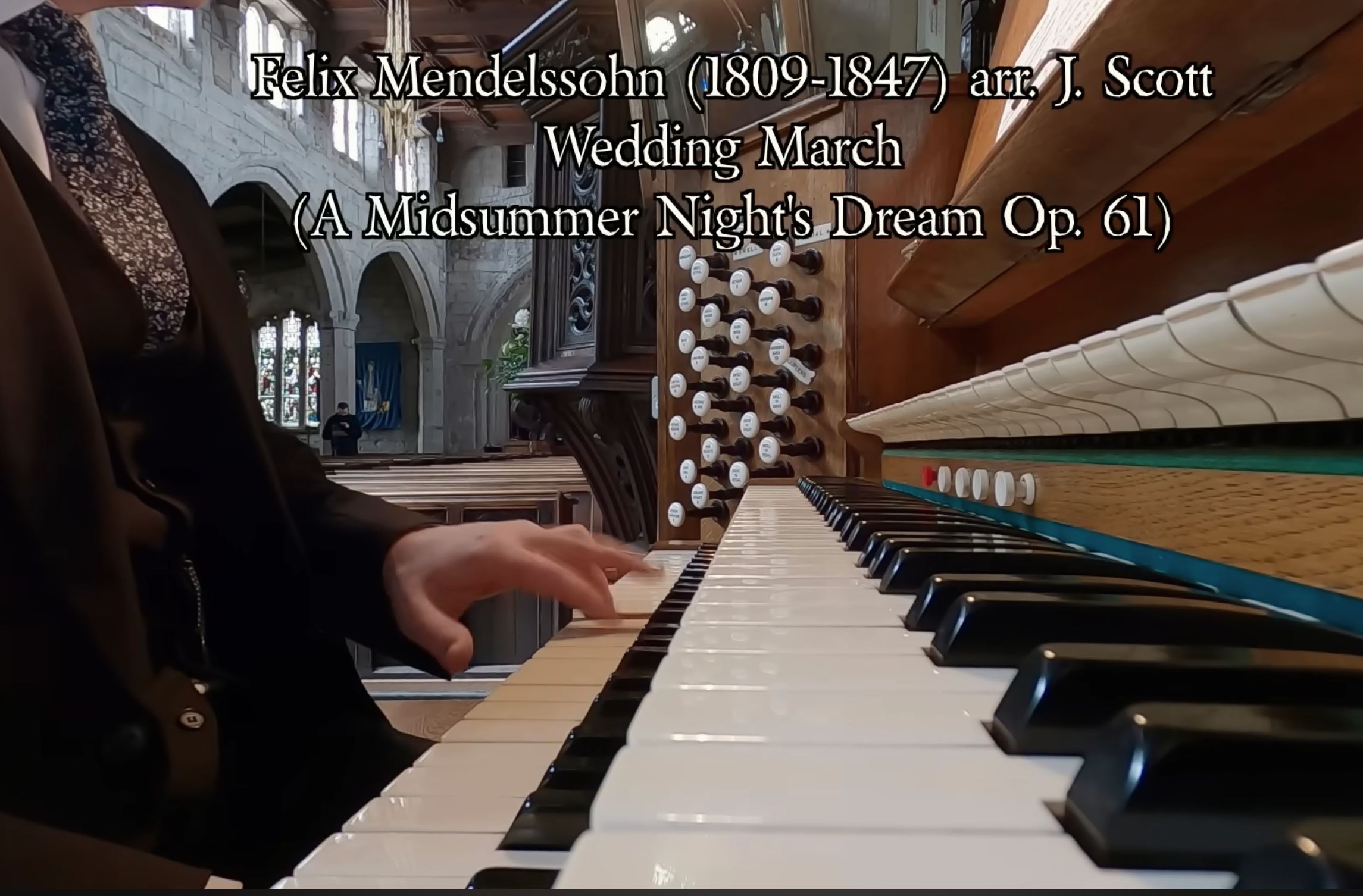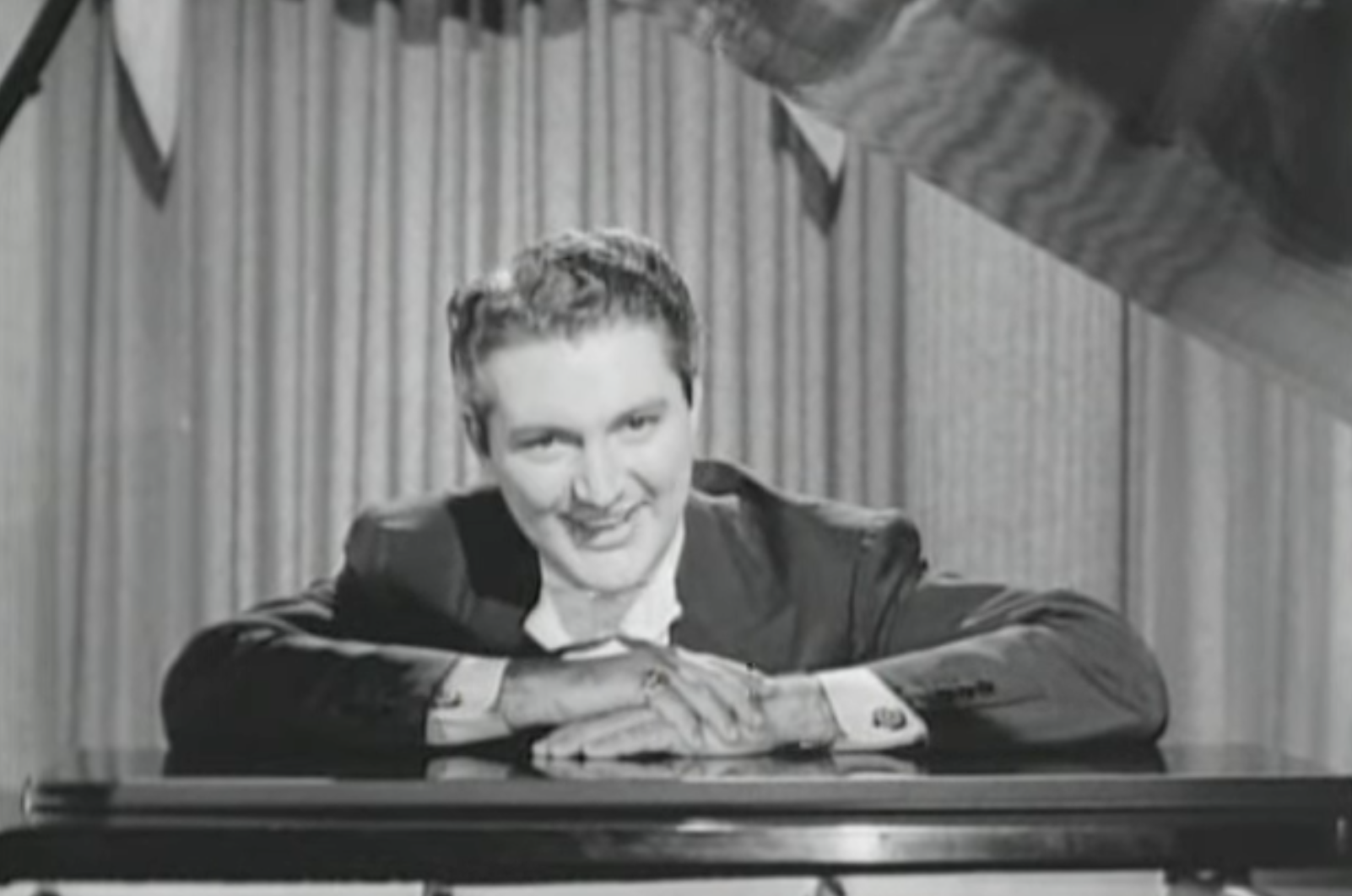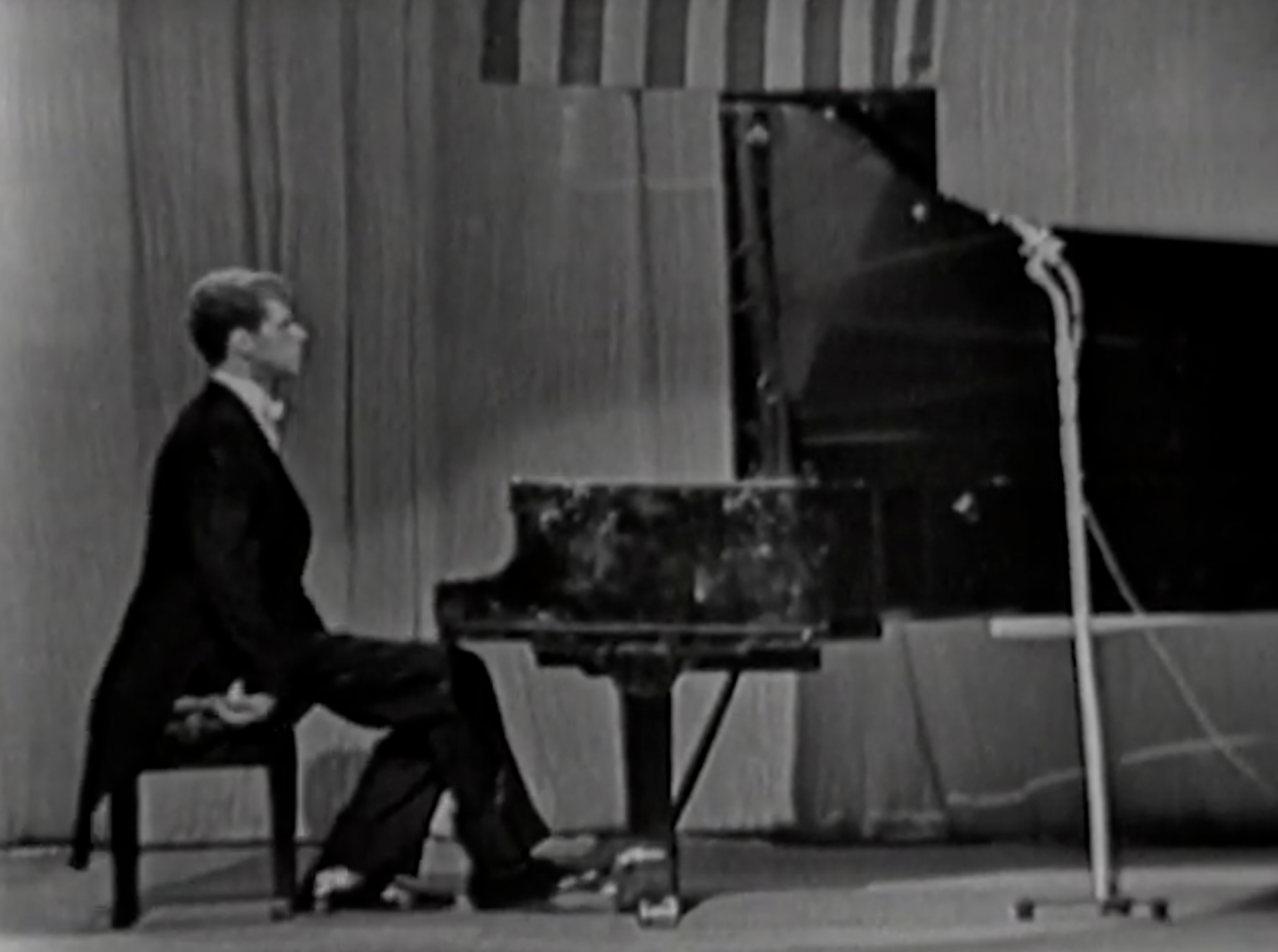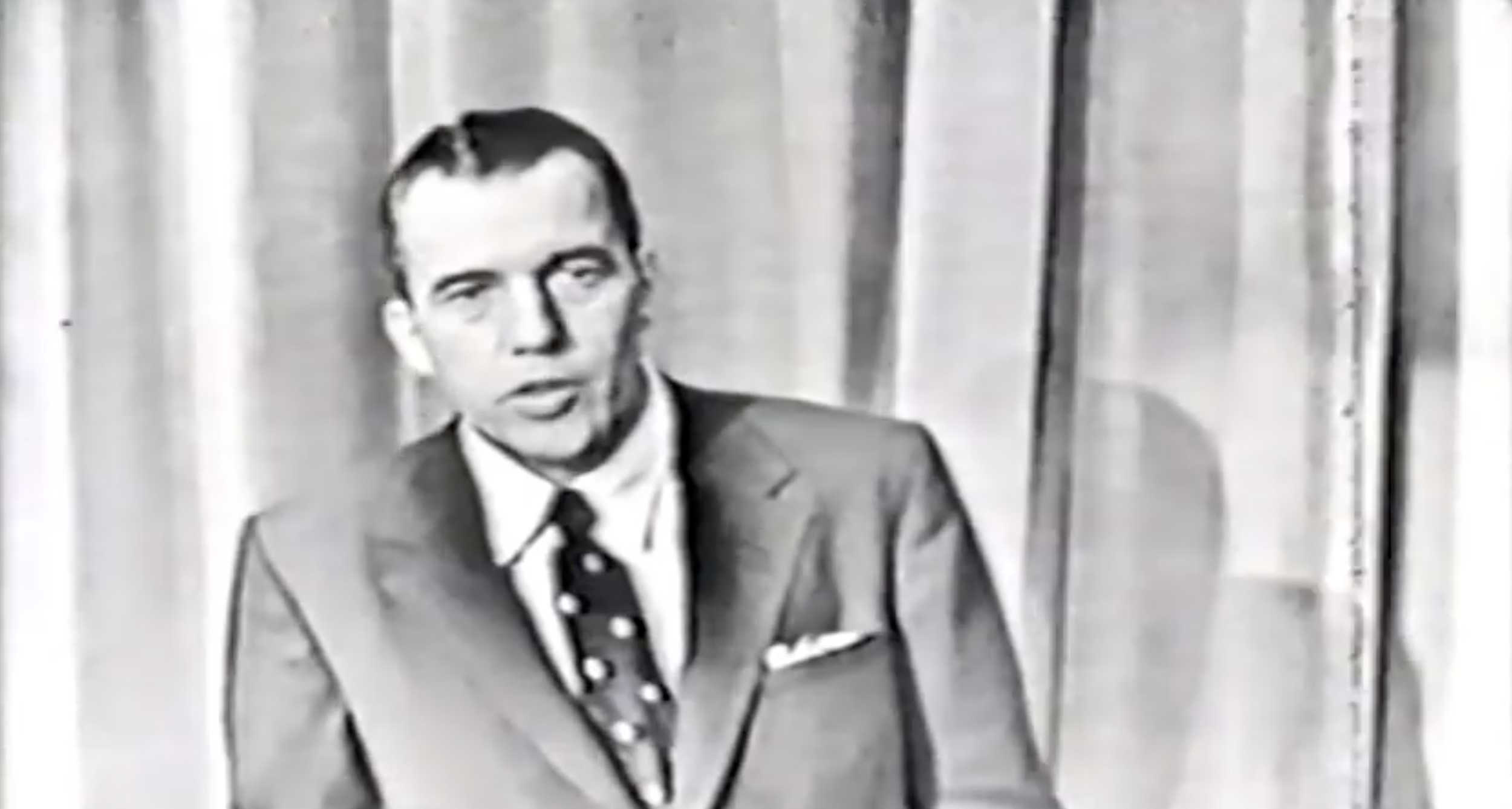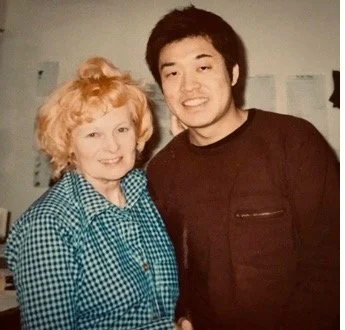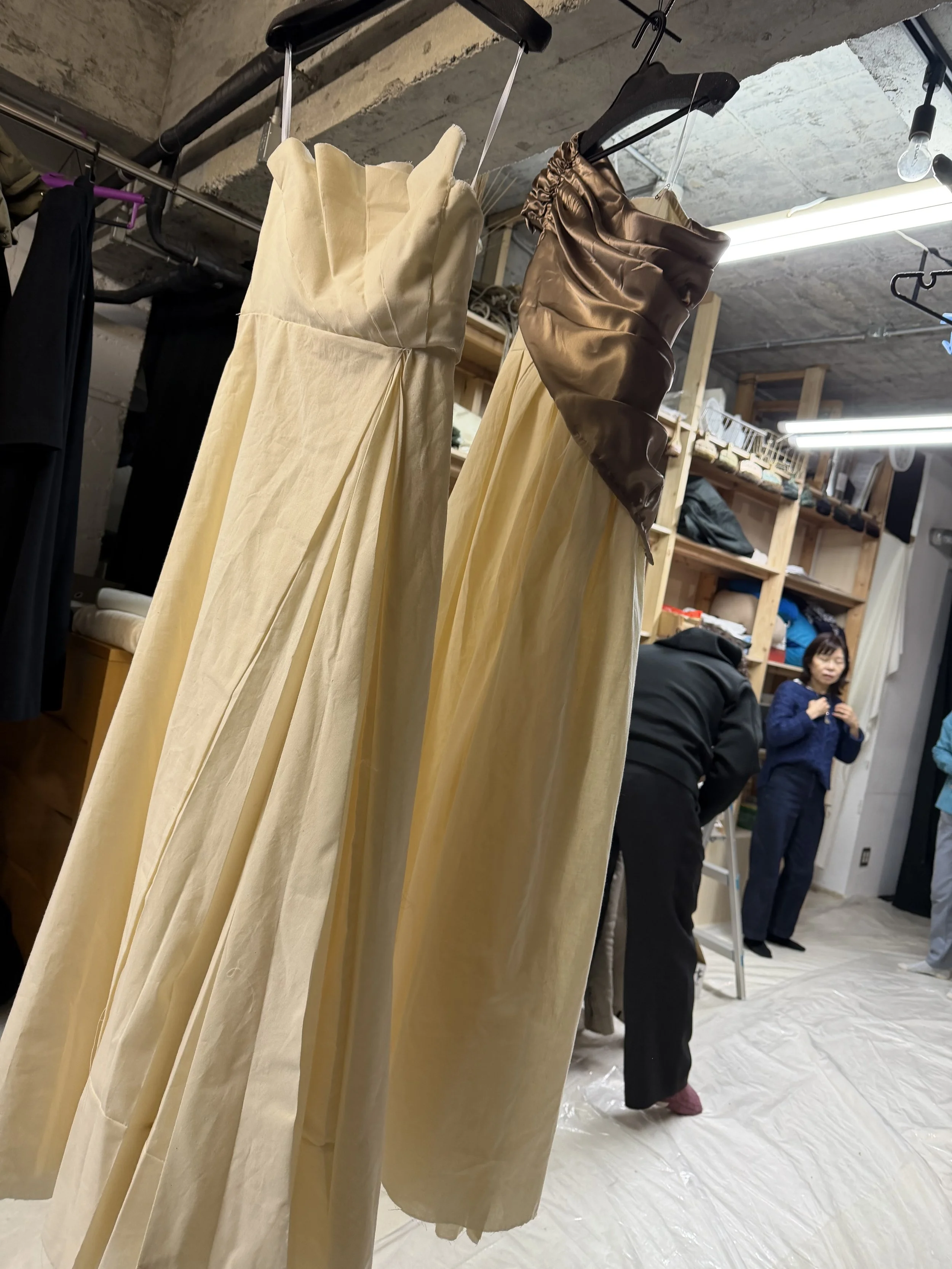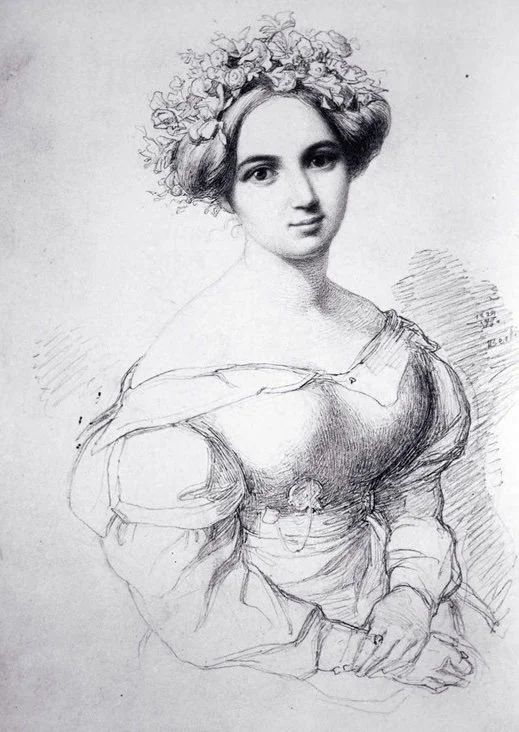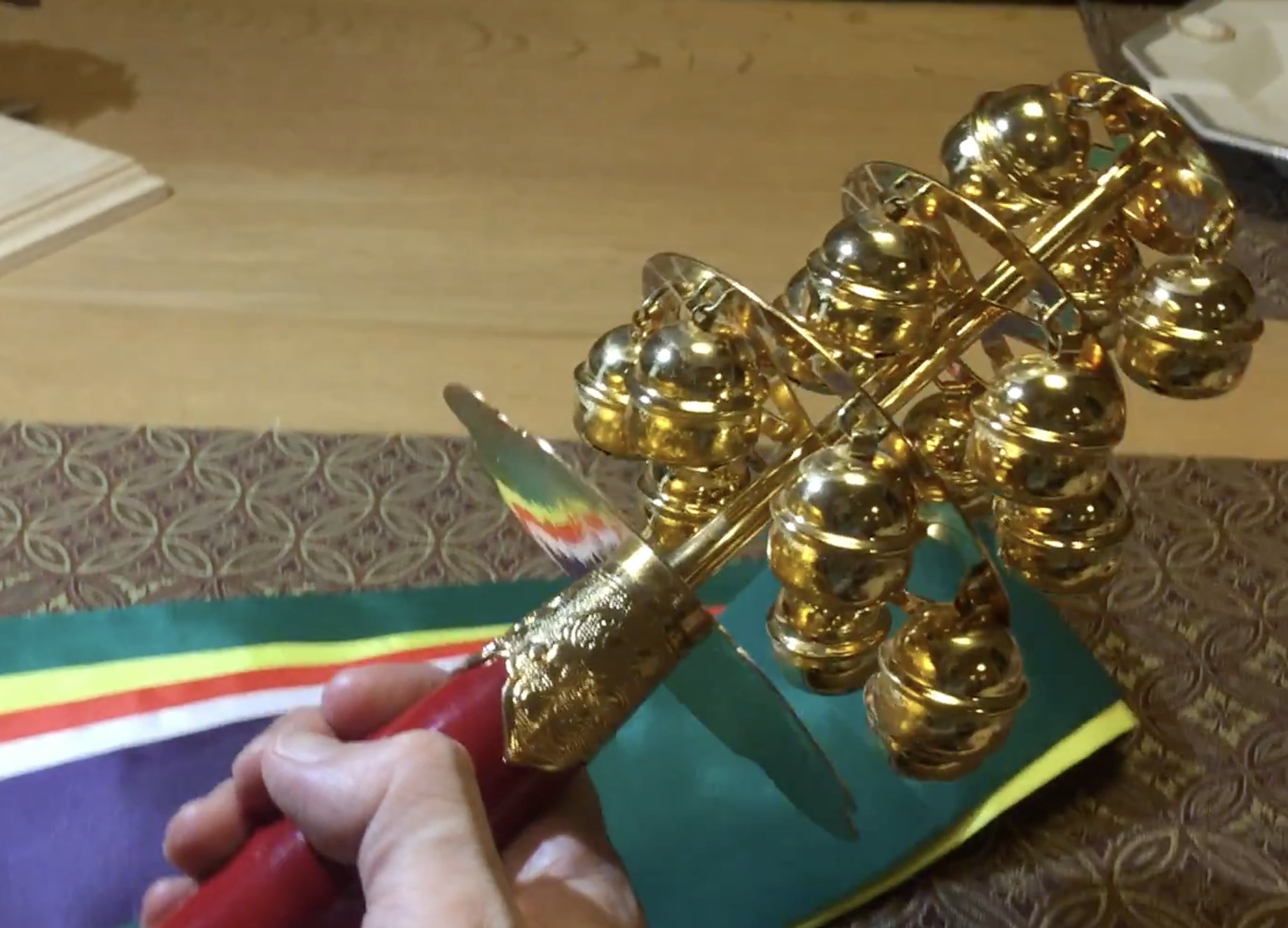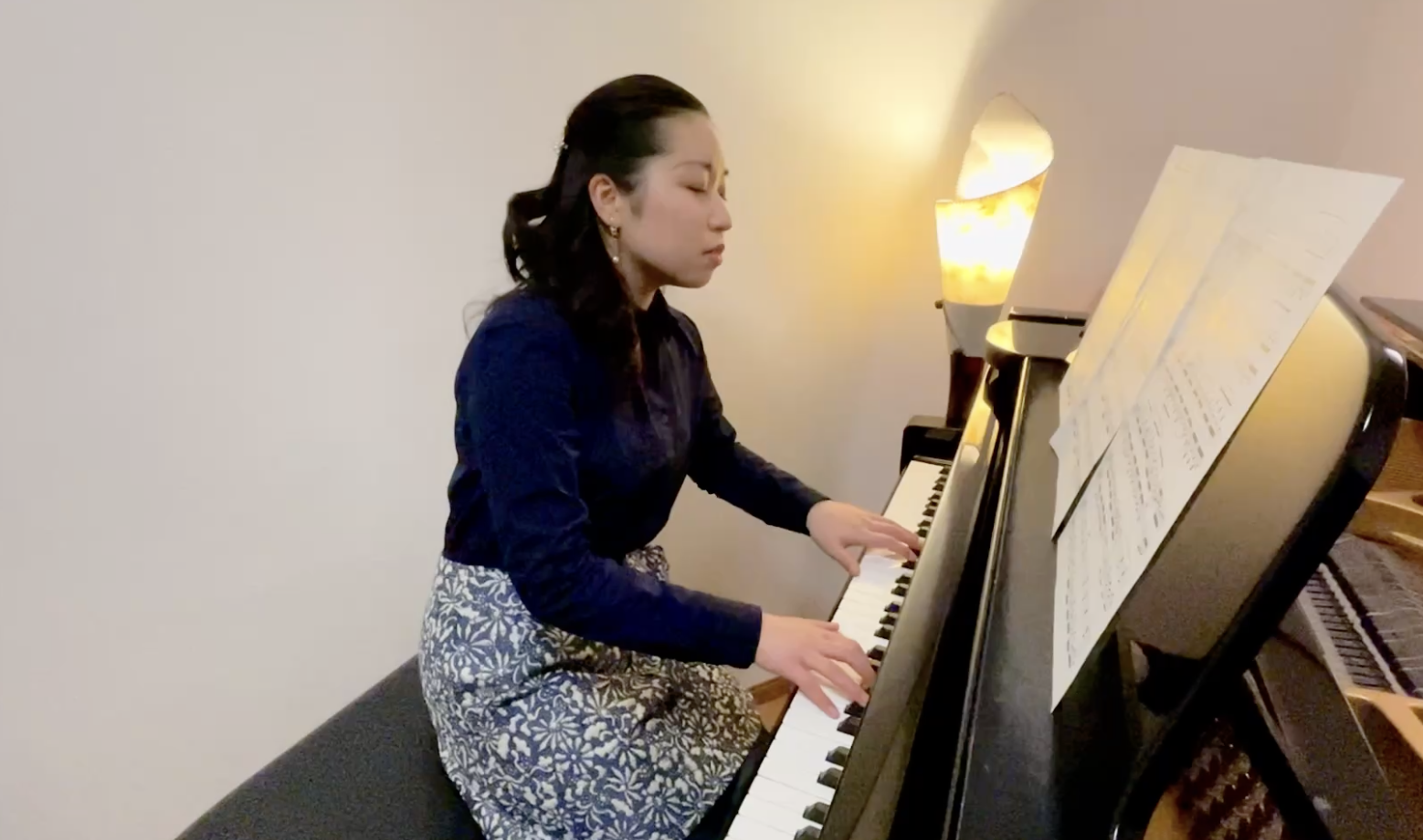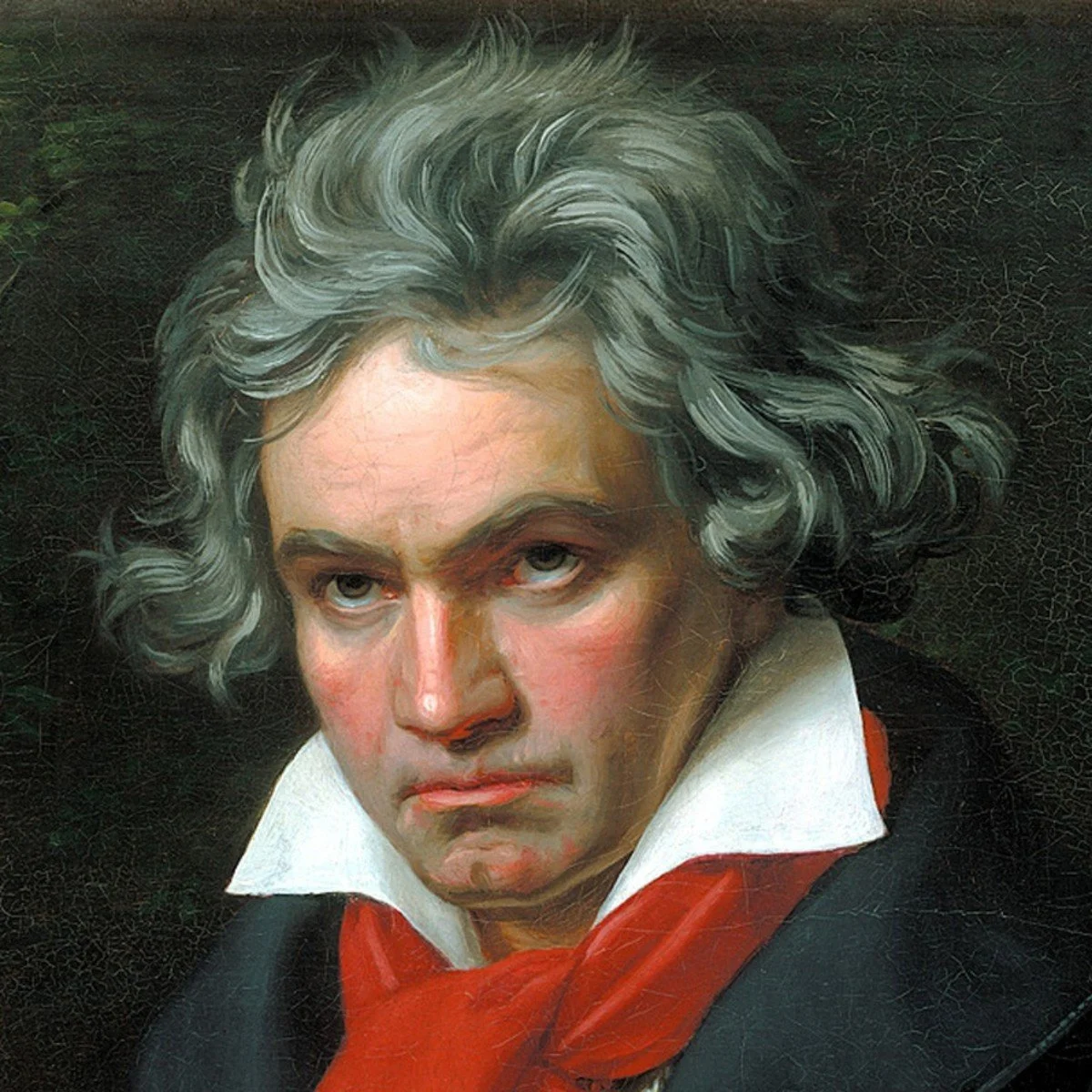One Jewel, Three Settings
Among the many things I find so wonderful about being a classical musician are the endless discoveries I make as I examine the lives and histories of its composers. This is particularly true as I continue my study of Fanny Mendelssohn.
Sibling Composers—Wolfgang and Maria Anna (“Nannerl”) Mozart
As one looks at the number of celebrated composers who were siblings, I think it is less important to compare them and their works, as it is to celebrate the fact that they all gave us so much wonderful music to study, perform, and share.
Sibling Composers
As one looks at the number of celebrated composers who were siblings, I think it is less important to compare them and their works, as it is to celebrate the fact that they all gave us so much wonderful music to study, perform, and share.
Liberace and the Chopin Polonaise in A-flat major
Before I begin this post I need to clarify something I wrote yesterday. Although Liberace performed the Chopin Polonaise in A major many times, and also appeared often on The Ed Sullivan Show, he did not play the work on that program.
Van Cliburn on The Ed Sullivan Show
As I continue to explore some of the performances by classical pianists on The Ed Sullivan Show there are some interesting observations I have made about things like technique and hand position.
Steinway, Technology, and The Ed Sullivan Show
All of us have to admit that technology has come a long way over the years, but there are certain aspects of it that allow us to appreciate the developments even more.
Tickets for Carnegie Hall Are Now On Sale!
The tickets for my Carnegie Hall concert went on sale yesterday, and I could not be more excited. Somehow an event that in the beginning was a year and a half away will now take place in less than three months, and all I can think about is how grateful I am to have this opportunity.
Please Meet Ms. Mizuyo Uno, Pattern Maker
It was a great pleasure for me to work with Ms. Uno on the gowns, and her skills as a pattern maker are truly amazing. As we were speaking she told me a little about herself, and I thought I would share the information with all of you.
More About Katsuya Ooe and My Gowns
With tickets for my Carnegie Hall solo recital debut going on sale this week, I cannot begin to tell you how excited I am about all that is happening. There are many details that must be managed, but I am very fortunate to be working with so many wonderful people, and humbled to be surrounded by so much talent and creativity.
Katsuya Ooe, Designer
I continue to be amazed by the talents of Katsuya Ooe, the designer making my gowns for Carnegie Hall and Suntory Hall. He has had a very interesting life, and his training and expertise come through in his designs.
My First Fitting for the Gowns
This past Sunday I went for my first fitting of the gowns I will be wearing for my Carnegie Hall and Suntory Hall concerts, which was an exciting and wonderful experience.
Closer and Closer to Carnegie Hall!
Time has begun to move rapidly, but in a wonderful way. The tickets for my Carnegie Hall performance go on sale next week, and last weekend I had the first fitting for my two concert gowns.
Fanny Mendelssohn: A Study in Contrasts
We read a great deal about Fanny Mendelssohn the composer, but I must confess I also had a great interest in just who she was as a person as well, which led me to do a certain amount of research.
More on Fanny Mendelssohn
I find it very interesting that Felix Mendelssohn, Fanny’s younger brother, did not really work to encourage her to bring her own music to the attention of the public.
A Study in Contrasts
As I continue my study of Fanny Mendelssohn and her work Das Jahr, I find myself just as interested in who she was as a person, and how her life and work compared to that of her more celebrated brother, Felix. Looking at their lives as composers is a real study in contrasts.
The Music of Prayer
Recently, I had an experience that inspired me, and I wanted to share my thoughts with all of you.
Fanny Mendelssohn, Das Jahr, January
This is my first time studying a work by Fanny Mendelssohn. It's beautiful music, very romantic. “The Year” was written when she traveled to Italy with her husband and son.
Love Notes
Historians have made it very clear that although Beethoven never married, he had many love interests. In addition to those above there were others such as Eleonore von Breuning, (1771-1841) known to be his first love, and singer Amalie Sebald (1787-1846).
Beethoven, Piano Sonata No. 27 in E-minor, Op. 90, Second Movement
Isn’t this movement wonderful? It is so warm and simply beautiful—one of my favorite movements in all of Beethoven’s sonatas.
Beethoven, Piano Sonata No. 27 in E-minor, Op. 90
Today, I am attaching a practice video of the first movement of Beethoven’s Piano Sonata No. 27. The more I study his compositions, the more I discover how he is helping me to learn about my own work and what I want to say as a pianist.

